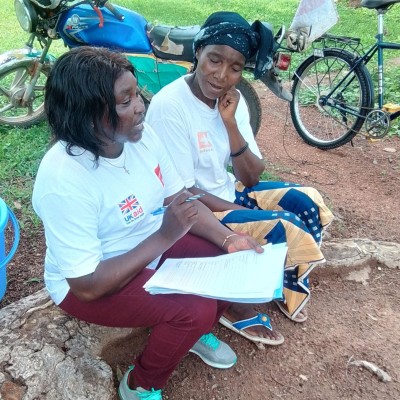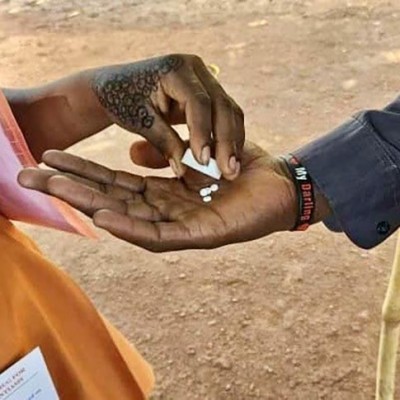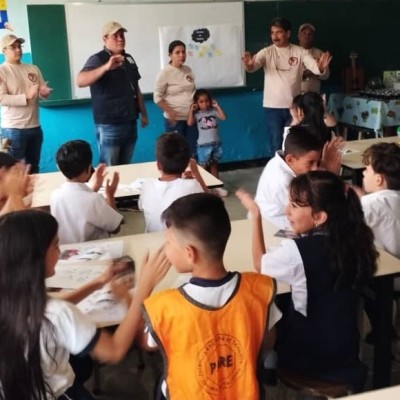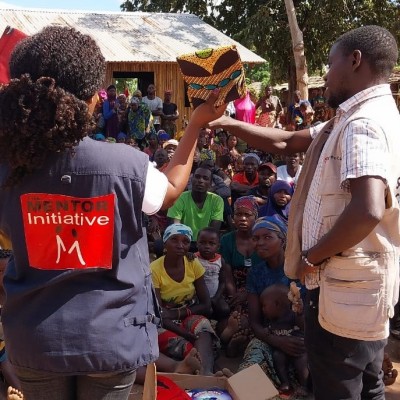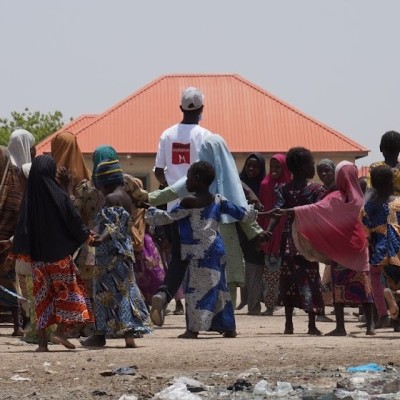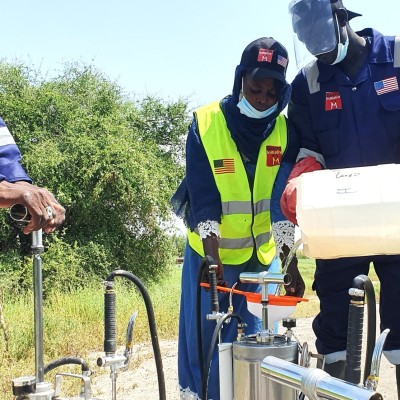There is a critical connection between water, sanitation and hygiene (WASH) interventions and the transmission of neglected tropical diseases, such as schistosomiasis and soil-transmitted helminthiasis.
Water, sanitation and hygiene strategies are integrated with neglected tropical disease control to address the causes of these diseases and enhance the long-term impact.
Water, sanitation and hygiene interventions aim to improve access to safe water sources and promote sanitation practices and hygiene behaviours. MENTOR works closely with local communities, governments and partners to develop solutions that address the unique challenges and needs of each setting.
Neglected tropical disease messaging as part of water, sanitation and hygiene raises awareness about the oral-faecal route of disease transmission. The importance of regular handwashing, adequate sanitation and improved hygiene practices is emphasised.
MENTOR creates an integrated framework for action at central and local level to accelerate progress in neglected tropical disease control by promoting continued improvements in water, sanitation and hygiene within communities.
Through this approach, we help to reduce the transmission of neglected tropical diseases by breaking the cycle of infection. Providing access to safe water and improved sanitation facilities minimises the risk of waterborne and faecal-oral diseases.
Communities are also empowered with the knowledge and skills to adopt hygienic practices, such as proper handwashing and personal hygiene. This is particularly important in humanitarian contexts where access to safe water and sanitation is usually limited.

